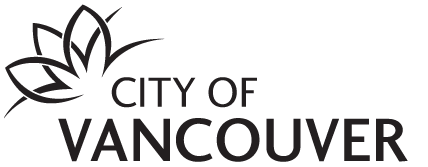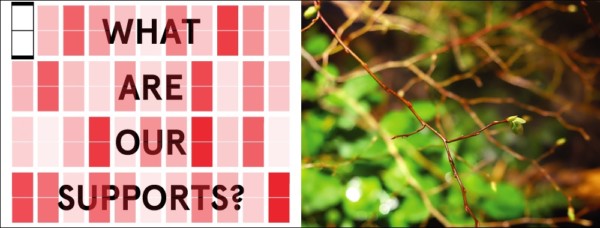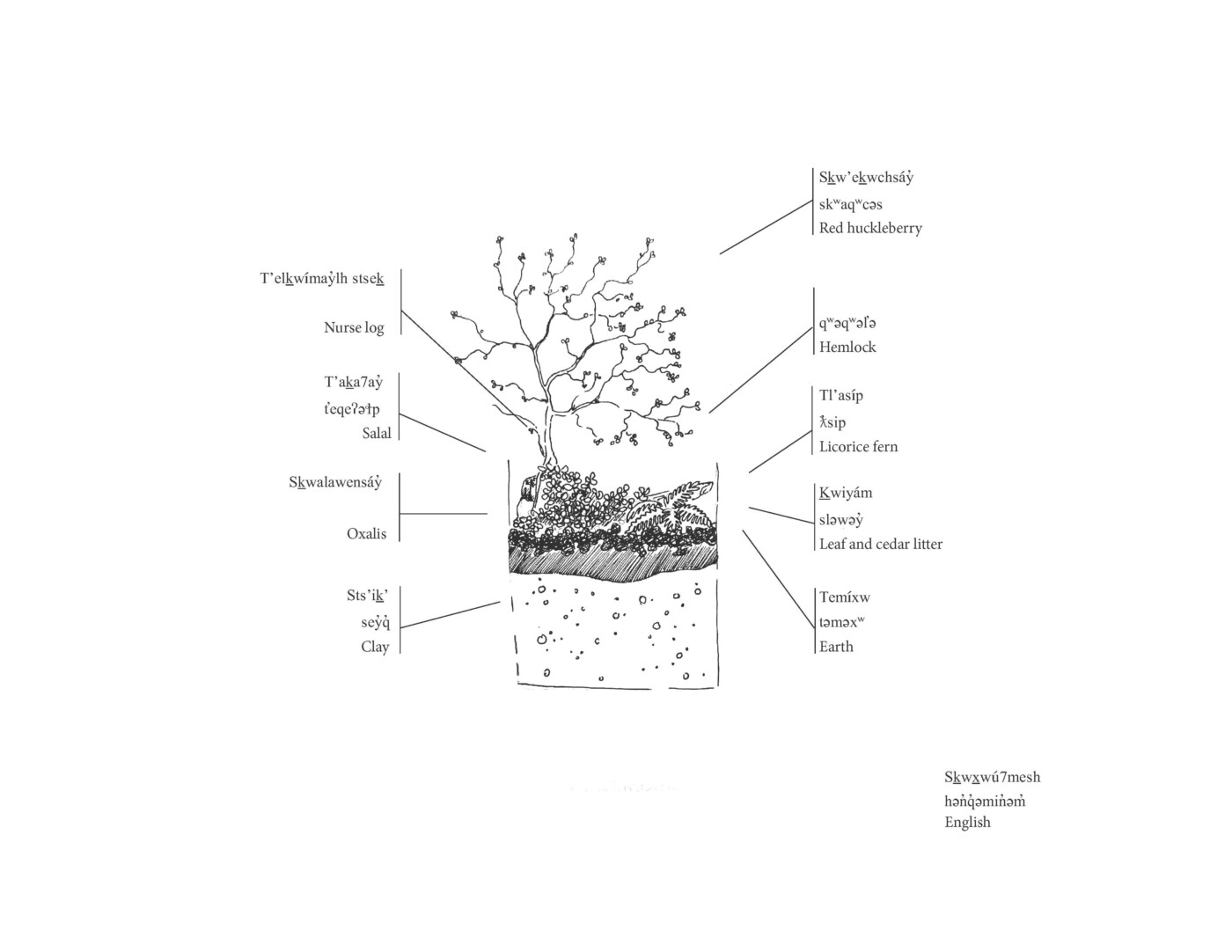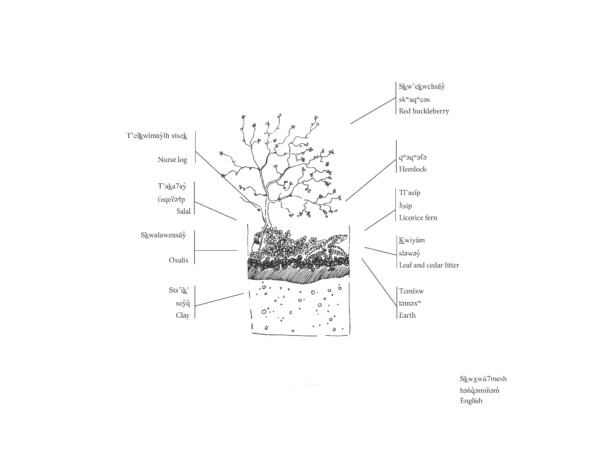Special Event
What Are Our Supports? common place
27 February–
10 March 2018
What are our Supports? is a series of artists’ projects in public space exploring the supports that bear, create and sustain contexts for artistic production, communities, and collective space. Situated within Home Made Home: Boothy, a mobile structure by Germaine Koh, and leading up to Koh’s solo exhibition at Richmond Art Gallery in June, projects by Emily Neufeld with Cease Wyss, Stacey Ho, DRIL Art Collective, and Khan Lee and Andrew Lee will launch monthly in Cathedral Square Park.
What are our supports, amidst current conditions of environmental, social and political precarity? Increased privatization of public life and its friction within everyday experience can not be ignored. How do we draw attention to the supports – invisible and relational, material and incidental, temporary and ongoing – that allow for encounters with art? Are there ways to re-inhabit seemingly outdated support structures – ideas, paradigms, technologies – to imagine different futures? Responding to the need for greater discourse around the creation of space for contemporary art, particularly in a city with rampant urban development and regulation, What are our Supports looks to art in public space as a form of research, provocation, and collective learning. It looks to the frameworks artists propose in working together to create change.
We begin at Cathedral Square Park’s foundation in common place, a work by Emily Neufeld in collaboration with Cease Wyss. Soil is the basis of life on land: a living system full of minerals, microbes, mycelium and insects, upon which contemporary globalized society still rests. Yet it is often eradicated from homes, contained within parks, and paved over in urban contexts. Situated on the unceded traditional territories of the Musqueam, Squamish and Tsleil-Waututh First Nations, these public parks and “Crown Lands” represent the final vestiges of commonly held spaces. Before colonization, these territories were understood by First Peoples as shared space, cared for by the collective.
Imagining this site before the city, and acknowledging these roots and intentions, Neufeld and Wyss have created an Indigenous ecosystem. The native plants included are red huckleberry, salal, licorice fern, oxalis and others that are utilized as medicine and food by First Peoples. Indigenous knowledge systems share a holistic epistemology of the life-in-common all around us, grounded in strong relationships with the land. Indigenous women’s knowledge in particular shapes the principles of respect, reciprocity and obligation that inform family, community, human and non-human interactions. In Cease’s words, “The land owns us. The answers to our ailments can be found in the plants around us.”
In considering something as foundational and common as the ground beneath our feet, it becomes vital to attend to these visions – beyond private ownership, land, development and capital. This is dirt. These are plants. With enough water, sunlight and space, they will grow.
This project series is made possible through the generous support of the City of Vancouver’s Public Art Program. We would also like to thank the xʷməθkʷəy̓əm Language and Culture for translation assistance, A & B Tool Rentals, and Lexie Owen for their generous contributions.
The Or Gallery acknowledges its presence on unceded Musqueam, Squamish, and Tsleil-Waututh territories.
Convened by: Denise Ryner, Joni Low
Participants: Emiy Neufeld, T'uy't'tanat Cease Wyss
Location
Cathedral Square Park
Dunsmuir at Richards St
Vancouver, BC
Participant Bios
Emily Neufeld
Emily Neufeld was born in Alberta and now lives and works in North Vancouver. Her practice investigates place and how humans change and are changed by the surrounding environment, and the layers of memory and psychic history that accumulate in our material world. In addition to collaborative projects with other artists, recent solo exhibitions include Before Demolition (2017: Burrard Arts Foundation), and Picture Window (2016: Vancouver Heritage Foundation), a large-scale billboard on the CBC Wall, downtown Vancouver. Neufeld received her BFA from Emily Carr University of Art and Design in 2013.
T’uy’t’tanat Cease Wyss
T’uy’t’tanat Cease Wyss (Skwxwu7mesh/Sto:Lo/Hawaiian/Swiss) is an interdisciplinary artist, ethnobotanist, educator, and food security activist with a 30-year practice engaging with communities to utilize technology and the natural world as a means of sharing stories. Web-based works like Picto-Prophecy (2012, with En’owkin Centre’s Ullus Collective), public art such as Talking Poles (2009, Surrey), and the Stanley Park Environmental Art Project (2009) all take site-specific inspirations and the stories of our past that inform the present, while looking towards the future and our roles in a longer timeline of ancestry. Upcoming projects include the Vancouver Biennale, and the City of Vancouver’s artist-initiated public art commissions, in collaboration with Anne Riley. Wyss draws from her cultures and spirituality to bring stories back to her family and community that were lost through colonization.

























